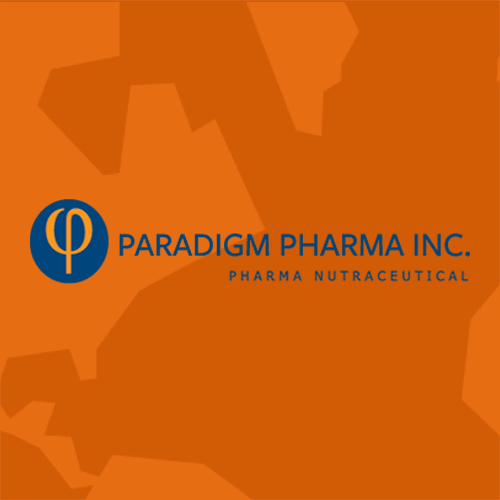
How do you manage your female health?
Nearly all research point to eating healthy (fruits, vegetables, whole grains, etc) rather than relying on vitamin, mineral and other supplements. If the diet is not healthy, can supplements help to make up for shortage of nutrients? The evidence is scant as to how it really helps, especially in preventing diseases.
However, over the years, many single-vitamin/mineral supplements have come into wide use worldwide. Calcium.essential for strong bones, is one of them. The Institute of Medicine (IOM) recommends daily consumption of Calcium for children and adults, and for women over 51 years 1,200 mg daily. Vitamin D has been cited by researchers as showing growing evidence that it can aid good health; the vitamin D deficiency (caused by inadequate exposure to sunlight) has been linked to a number of health problems, including joint pain and fatigue; vitamin D also helps in the absorption of Calcium. Experts recommend taking supplements containing Vitamin D3, the form most easily absorbed in the body. Supplements containing Folic Acid (a Vitamin B) and Choline (found naturally in eggs, liver, chicken, vegetables, grains) are also recommended for women of child-bearing age to prevent birth defects. Iron, which transports oxygen and carbon dioxide in the body, is taken to supplement the mineral loss during heavy menstruation.
Dealing with symptoms of menopause and premenstrual syndrome (PMS) has spawned a number of supplements, aimed at irregular periods, hot flashes, mood swings, insomnia and other symptoms. But only very few of the supplements have any scientific or clinical support. Black cohosh (a plant first used by Native American Indians) and soy isoflavones(derived from soy beans) are two supplements that have been well researched and have shown to have some beneficial effects against symptoms of menopause and PMS. Black cohosh, which contains potent phytochemicals, is approved in Germany as alternative to prescription medicine, and it is widely used in the U.S. and other European countries as a non-prescription medicine. Soy isoflavones, which the body converts into phytoestrogens (the hormone-like estrogen), are used widely as supplements.
*Please consult your physician if you must take supplements.







